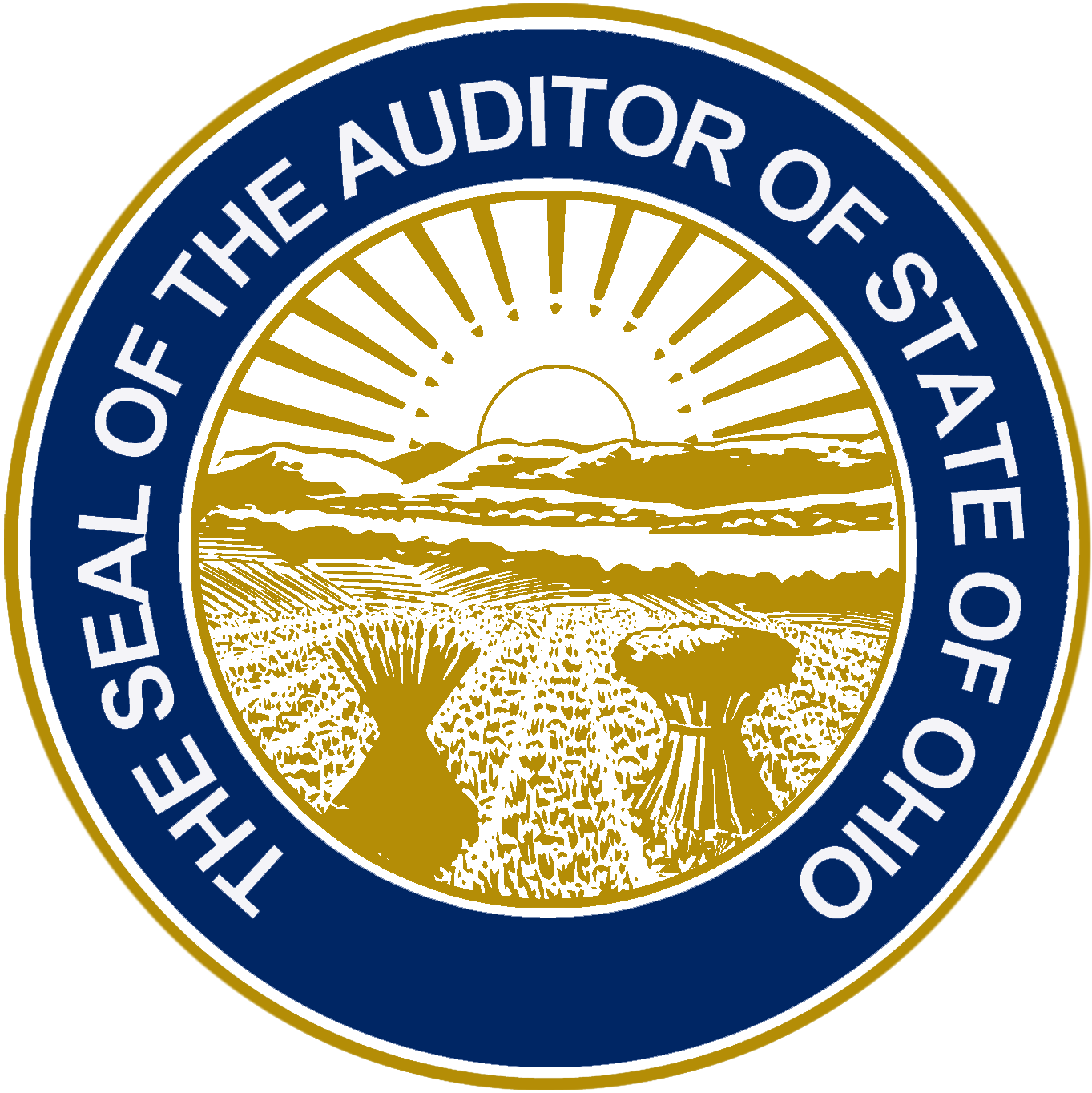
Press Release • Ohio Auditor of State
North Hills Water District Financial Records “Unauditable”
Columbus – Incomplete bank reconciliations prompted Auditor of State Dave Yost to place the North Hills Water District (Summit County) on the “unauditable” list.
“Poorly kept records create a lack of accountability,” Auditor Yost said. “The North Hills Water District must bring its records back to an auditable condition to complete the audit.”
During the course of the regular financial audit of the North Hills Water District for the period January 1, 2013 through December 31, 2014, the Auditor of State’s office determined that the condition of the water district’s financial records was not adequate to complete the audit. In a letter to the water district, the Auditor of State’s office notified officials the bank reconciliations were required to complete the audit.
Within 90 days of the date of the letter, the water district must revise its financial records and provide the necessary data. Failure to bring accounts, records, and reports to an auditable condition may result in legal action, including the possibility of the attorney general issuing a subpoena to water district officials to explain the condition of records. The attorney general may also file suit to compel the officials to prepare and/or produce the required information.
The Auditor of State’s Local Government Section (LGS) is available to water district officials to assist in bringing records to an auditable condition. LGS provides a wide variety of services to local governments, including reconstructing financial records and aid in the reconciliation of books.
An entity is removed from the “unauditable” list once the audit is completed and released to the public.
###
The Auditor of State’s office, one of five independently elected statewide offices in Ohio, is responsible for auditing more than 5,800 state and local government agencies. Under the direction of Auditor Dave Yost, the office also provides financial services to local governments, investigates and prevents fraud in public agencies and promotes transparency in government.